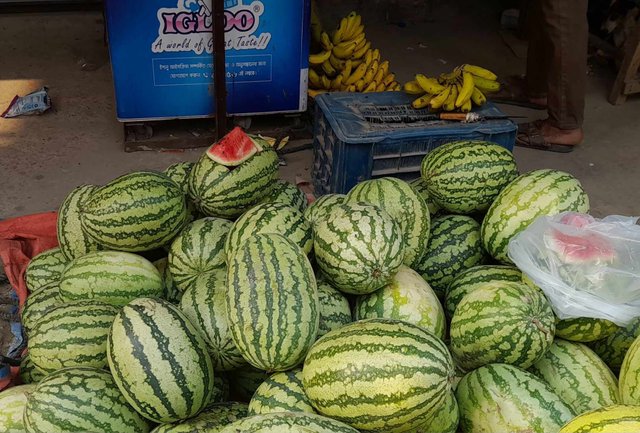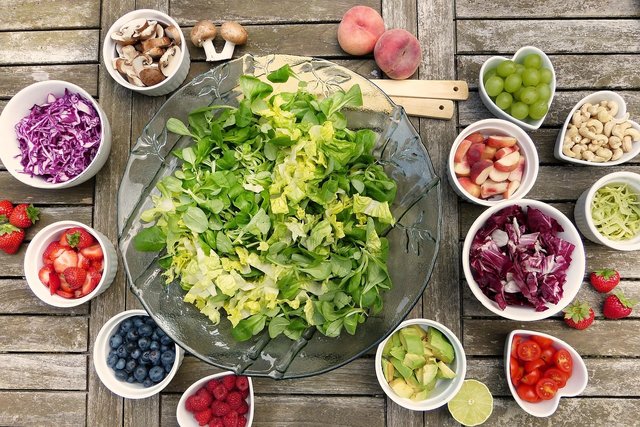Greetings from @shuly to all of you. I hope you're all doing well and having a great time.
As the holy month of Ramadan comes to an end, Muslims around the world end a time of fasting, prayer, and allowed . Not only is Ramadan a time to refresh your spirit, it's also a chance to start over with your health. But as the fasting month comes to an end, it's important to make the change sluggishly to stay health-conscious. After Ramadan, here are five tips to help you stick to your health pretensions
Gradationally Get Back to Regular Eating After a month of changing how you eat, it's important to get back to your normal mess routine sluggishly. Do not give in to the appetite to eat big refections right after Ramadan. rather, start eating again at normal times to give your body time to get used to it. Start with healthy, light foods like fruits, veggies, and spare proteins. Focus on well-balanced refections that give you long- continuing energy, and do not eat too numerous reused or sticky foods.
Stay doused Because people gormandize for long ages of time during Ramadan, dehumidification can be a big problem. As you get back to eating typically, make sure you stay doused to help your body do its job. During the day, try to drink a lot of water, especially between Iftar and suhoor. Eat foods that are high in water, like fruit, cucumber, and watermelon, as part of your reflections to stay duly doused. Limit the quantum of sticky and caffeine drinks you drink because they can make you lose water.

The picture is taken Samsung Galaxy A12Get active You may not have done as much during Ramadan because your routine and energy situations changed. But as you start to stop dieting, make regular exercise a precedence to ameliorate your health and well- being as a whole. Take part in effects you enjoy, like cycling, brisk walks, yoga, or strength training. Aim to work out at a reasonable position for at least 30 twinkles most days of the week. Being active not only helps you keep a healthy weight, but it also improves your happiness, energy, and heart health.
Focus on Nutrient- Rich Foods It's important to feed your body nutrient-rich foods that are good for your health after a month of fasting. In your refections, eat a range of fruits, veggies, whole grains, spare proteins, and healthy fats. To help your vulnerable system work more and speed up your mending from fasting, eat foods that are high in vitamins, minerals, and antioxidants. Choose home-cooked refections made with fresh, healthy constituents and eat artificial or quick foods as little as possible. Pay attention to the size of your portions to make sure you get all the nutrients you need.
Put your internal and emotional health first. Ramadan is not just a time to clean up your body; it's also a time for spiritual growth and study. As you start to recover from fasting, put your internal and physical health first to stay health-conscious. Set away time for tone- care conditioning like prayer, contemplation, or mindfulness to calm down and feel more outside. Talk to people you watch about, have deep addresses, and get help if you are feeling overwhelmed. To keep a positive station and get stronger generally, practice gratefulness and reflection.
To add up, staying healthy after dieting for a month during Ramadan takes being apprehensive of what you eat, drink, exercise, and do for yourself. You can keep working toward your health and heartiness pretensions after the fasting month by sluggishly getting back to normal eating habits, staying doused, getting active, fastening on nutrient-rich foods, and putting your internal and emotional health first. Flashback that making small changes that you can keep up can ameliorate your health and energy in the long run.
"I obtained this information by reading multiple articles and books."
___________________________________________________________________


.png)
Downvoting a post can decrease pending rewards and make it less visible. Common reasons:
Submit